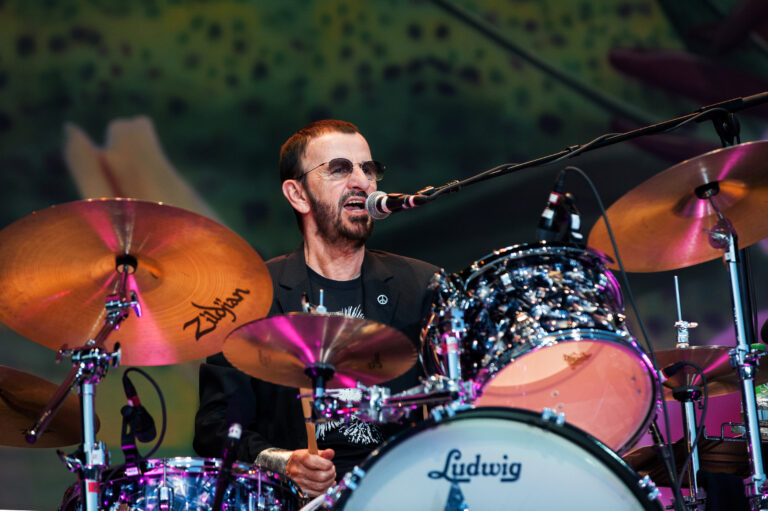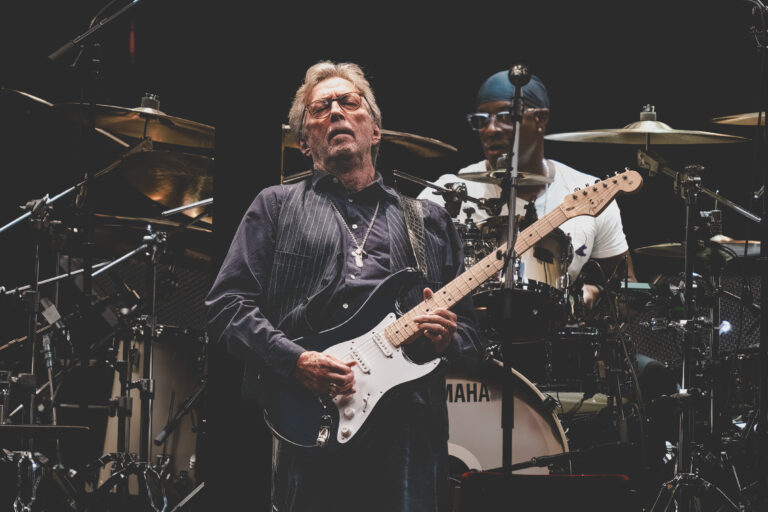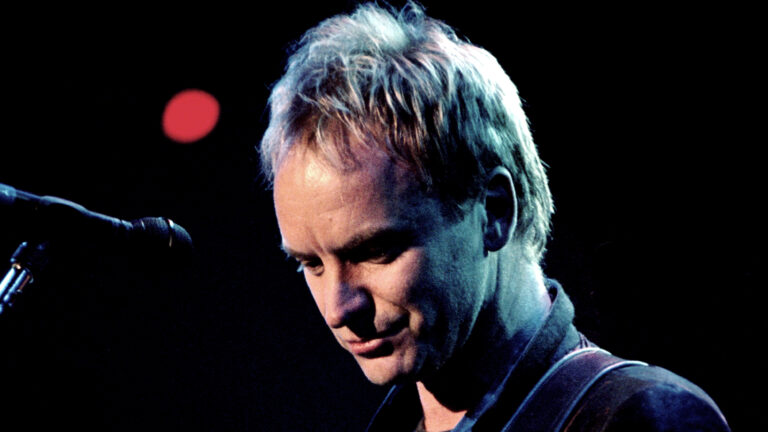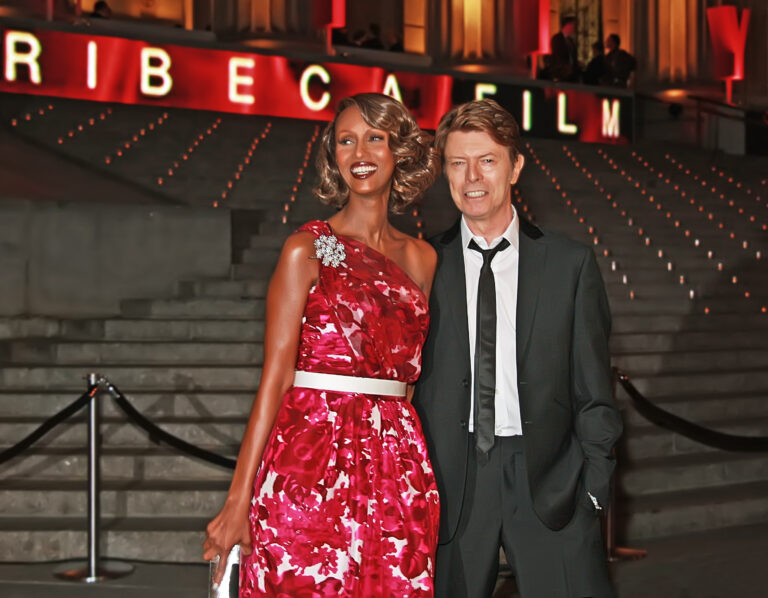
Creator Behind Viral Charli XCX ‘Apple’ Dance Sues Roblox
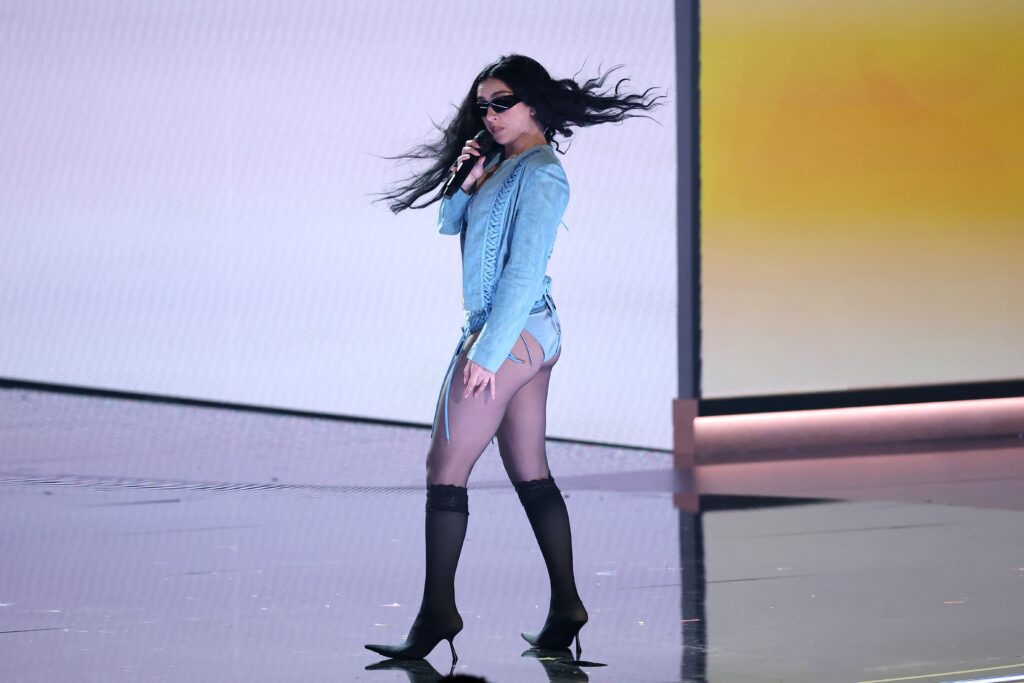
Kelley Heyer's legal battle against Roblox has drawn attention to the complex intersection of creative rights and digital platforms. At the heart of this legal conflict is the “Apple” dance, a routine choreographed by Heyer and popularized via TikTok, where even celebrities like Charli XCX, the song's originator, participated. Heyer claims that Roblox unlawfully profited from her dance by incorporating it into the game Dress to Impress without obtaining a duly signed license. Despite purported negotiations between Heyer and Roblox, a final agreement was never reached, leading to the unauthorized use and subsequent monetary gain, estimated at $123,000 through the sale of the dance as an “emote” in the game.
This legal drama isn't unique in the digital gaming world, where previous cases of dance moves being incorporated into video games without proper licensing have been contested. Notably, Epic Games, the developer behind Fortnite, has faced several lawsuits over similar issues. These lawsuits often highlight the contention over whether simple dance moves can be copyrighted, a debate that has evolved over time. A federal appeals court ruling in 2023 favored acknowledging choreography under copyright laws, potentially setting a precedent that might benefit Heyer’s case against Roblox.
Roblox, on its part, maintains that it has acted within its rights. In their official statement, the company emphasizes its commitment to respecting intellectual property, suggesting confidence in their legal stance and indicating readiness to address the matter in court. This assertion, however, contrasts with Heyer's contention that their conduct was a clear violation of her proprietary rights, particularly since the discussions over licensing hadn’t been concluded.
Adding complexity to this scenario is Heyer's past success in legally securing the use of her creation with other major platforms. For instance, she successfully negotiated the licensing of the same dance with Fortnite, demonstrating a notable contrast in how different gaming platforms manage intellectual property and negotiations. This successful licensing further underscores Heyer’s argument that such transactions are feasible and customary within the industry, which arguably amplifies her grievance with Roblox's handling of her intellectual property.
Public response has been vigorous and diverse. While many users on platforms like TikTok respond with jest and skepticism, questioning the prudence of suing a game beloved by children, there is also a significant discourse regarding the rights of creators in the age of digital media. This discussion is part of a broader narrative concerning the valuation and respect for intellectual creations in an era where platforms can rapidly amplify content beyond its original creative context.
The outcome of this legal battle could have wider implications for how digital platforms approach the use of user-generated content. It raises important questions about the responsibilities of such platforms in recognizing and fairly compensating independent creators whose work drives engagement and revenue. As gaming and social media continue to intertwine, the resolution of this case could influence future interactions between creators and digital giants, potentially setting standards for how creative content is protected and monetized.
Key Takeaways
-
www.rollingstone.com | Kelley Heyer, the creator of the viral 'Apple' dance set to Charli XCX's song, has filed a lawsuit against Roblox for allegedly using her choreography without permission.
-
www.pcgamer.com | Roblox generated approximately $123,000 from sales of the 'Apple' dance as an emote on their platform, according to Heyer's legal claim.
-
www.polygon.com | Kelley Heyer was in negotiations with Roblox to license the 'Apple' dance, but Roblox used the dance without finalizing the agreement.
-
www.billboard.com | Heyer's choreography is performed at Charli XCX's concerts and was widely popularized on TikTok, highlighting its cultural impact.
-
www.polygon.com | The lawsuit against Roblox is part of a growing trend of legal challenges by creators over their viral dances being used in video games without proper agreements.
-
www.pcgamer.com | Despite other platforms like Fortnite properly licensing viral dances, Roblox is being sued for not formally agreeing before using Heyer's 'Apple' dance.








